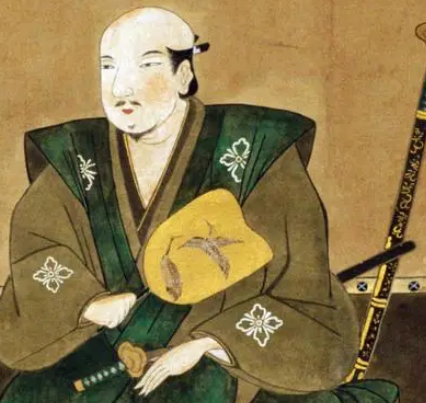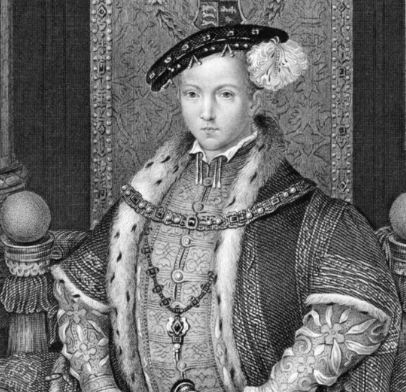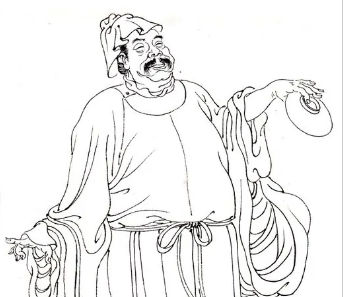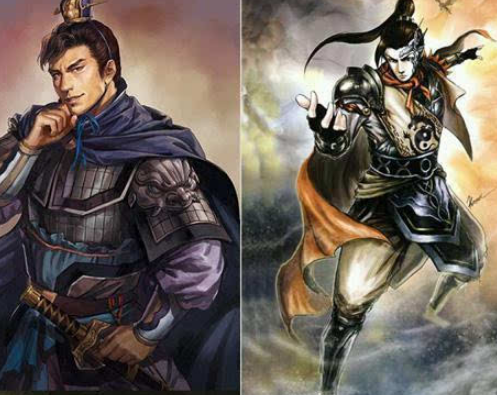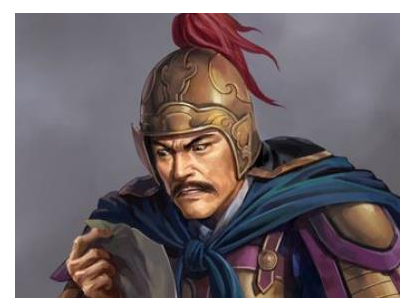Yang Xiu, the fourth son of Yang Jian, the founding emperor of the Sui Dynasty, was a controversial figure in history. His life was full of ups and downs, eventually falling from a prince to a commoner, which was a tragic history and a microcosm of the times.

The Decline of Yang Xiu
Yang Xiu's decline mainly stemmed from his political ambition and behavior. According to the "Sui Shu," Yang Xiu repeatedly attempted to usurp the throne and even plotted coups during his father Yang Jian's reign. These actions seriously violated the laws and imperial power of the Sui Dynasty, gradually losing his trust and support politically. Additionally, Yang Xiu's behavior caused disgust among the court and the people, as his arrogance and self-importance alienated him from their hearts.
The Reason for Yang Xiu's Demotion to Commoner
The main reason for Yang Xiu's demotion to a commoner was his rebellious behavior. According to the "Sui Shu," after Yang Jian's death, Yang Xiu immediately plotted a coup to seize the throne. However, his conspiracy was discovered and promptly suppressed by the court. To maintain the stability of imperial power, the court decided to demote Yang Xiu to a commoner, stripping him of his royal status and all privileges.
Yang Xiu's Reflection
Yang Xiu's life was a typical tragedy of power struggles. His failure was not only due to his political ambition and behavior but also his lack of understanding and respect for the importance of imperial power. In his eyes, imperial power was merely a tool to fulfill his desire for power. However, the true meaning of imperial power is to maintain national stability and the happiness of the people, not to satisfy personal desires. This was the greatest mistake of Yang Xiu's life and the fundamental reason for his ultimate failure.
Summary: Yang Xiu's decline and demotion to a commoner were the direct consequences of his personal actions. His political ambition and behavior led to the loss of his royal status and privileges. However, his failure also leaves us with a profound lesson: Power is not for satisfying personal desires but for maintaining national stability and the happiness of the people. This is a principle that every ruler should deeply understand and respect.
Disclaimer: The above content is sourced from the internet and the copyright belongs to the original author. If there is any infringement of your original copyright, please inform us and we will delete the relevant content as soon as possible.





















